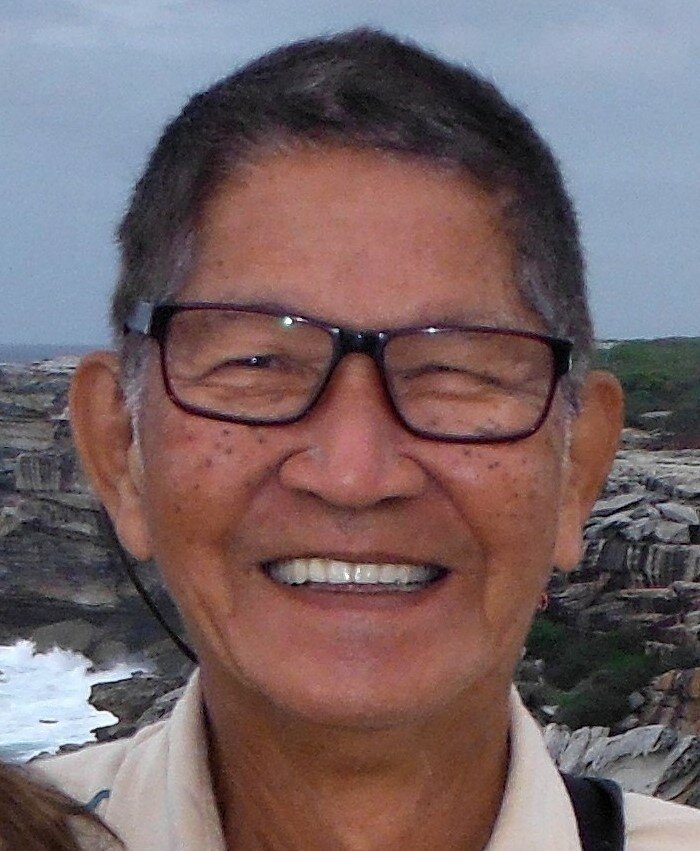
Press Release
APSL forum takes up leadership skills, electoral system

PRO, Australia Philippines Services League
NSW-Australia
October 23, 2012
A talk on the Australian electoral system provided the welcome salvo at the Australia Philippines Services Leagues Inaugural Leadership Forum and Workshop, sparking robust debate among attendees who compared it with the Philippine process.
 Ms Evelyn Opilas thanks the Australian Electoral Commissions Ms Renee Damasena for her invaluable talk on behalf of APSL. (APSL photo)
Ms Evelyn Opilas thanks the Australian Electoral Commissions Ms Renee Damasena for her invaluable talk on behalf of APSL. (APSL photo)
Ms Renee Damasena, operations manager of the Australian Electoral Commissions NSW State Office, discussed how elections are conducted in Australia, explaining the preferential system of voting, informal voting, and how culturally and linguistically diverse communities can effectively participate during elections.
 Participants listen attentively to discussions during the APSL-AGAPI Inaugural Leadership Forum and Workshop. (APSL photo)
Participants listen attentively to discussions during the APSL-AGAPI Inaugural Leadership Forum and Workshop. (APSL photo)
The AEC is focussing on community engagement and public awareness, she said, noting that AEC statistics of recent elections show an increasing trend in informal votes.
Many migrant communities seem to fear elections which is why there seems to be more informal votes in communities with large migrant groups, Ms Damasena said.
A ballot paper is generally considered informal if it is not filled out correctly according to the Commonwealth Electoral Act 1918 and the instructions on the ballot paper, hence is excluded in the scrutiny/ count.
For example, AEC figures show the trends of informal votes at recent House of Representatives federal elections 3.8% in 1998, 4.8% in 2001, 5.2% in 2004, 4.0% in 2007 and 5.6% in 2010.
Interestingly, the drift dipped in 2007 during the John Howard-Kevin Rudd faceoff and increased dramatically in 2010 during the Julia Gillard-Tony Abbott challenge.
The APSL forum, held in cooperation with the Association of Golden Australian Pilipinos Inc, provided an overview of the theory, process, principles, attributes, and indicators of leadership as well as much needed skills in goal setting, time management, budgeting, members expectations, and reality checking to the 40 participants from various groups including Filipino Global, Agooenians Association, Aguman Kapampangan, the Visayan Association, Filipino Friends of Labor, AGAPI and APSL.
The process of leadership has historically been linked to the military so it was appropriate that the APSL should be initiating a forum and workshop like this, said APSL president Col Chris Pilao (ret.).
 APSLs Tony Oliva and Fred Boado receive their Inaugural Leadership Forum and Workshop attendance certificates. (APSL photo)
APSLs Tony Oliva and Fred Boado receive their Inaugural Leadership Forum and Workshop attendance certificates. (APSL photo)
That individuals in our community are eyeing electoral seats make it imperative that we understand the Australian electoral system so that we may participate more actively, effectively and successfully, he added.
Attendees at the forum were also treated to creativity exercises, which drew smiles, laughter and mock frustration when attempts at answers proved futile.
APSL secretary Nap Estrada noted the positive response from participants while AGAPI president and APSL vice president/operations Dorothy del Villar said the forum is a big step towards professionalism in community organisations.
APSL PRO Evelyn Opilas designed the modules and facilitated the forum.
Inquiries and information on APSL may be directed to Col. Pilao, mobile 0402 763 113.
